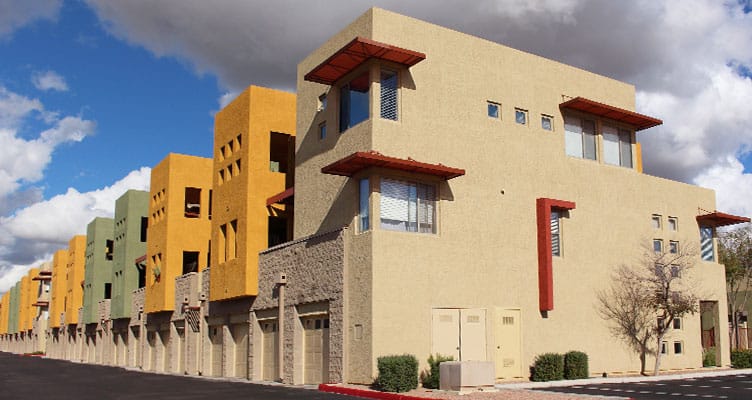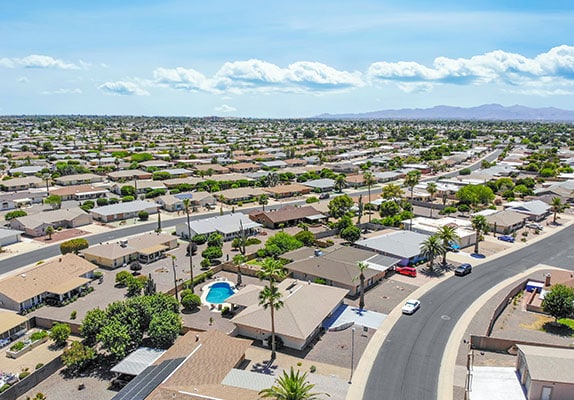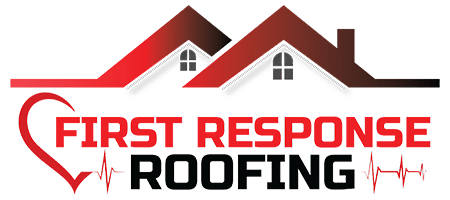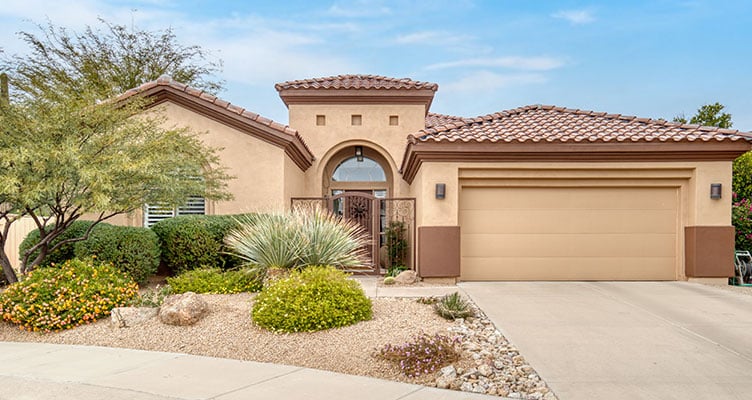Top-Rated
Arizona Roofing
Contractor
Licensed. Bonded. Insured.
First Response Roofing AZ is a locally owned and operated roofing company in the Phoenix East Valley of Arizona dedicated to providing the finest residential and commercial services.

Multi-Home
Our multi-family roofing services include condominiums and apartment buildings.
Who We Are
About First Response Roofing AZ
First Response Roofing AZ is a locally owned and operated roofing company dedicated to serving the consumer. With over 20 years of experience, our team was created with the customer in mind. We don’t think you should sacrifice service or workmanship for a price savings.
Our mission is to provide our customers with the best experience possible and exceptional workmanship with great integrity, honesty and professionalism.
- Responsibility & Trustworthy
- Professionalism
- Optimism

What We Do
First Response Roofing AZ Services
Shingle Roofing
Roof Repair
Flat Roofing
Roof Coating
Tile Roofing
Roof Maintenance
Roof Replacement
Roof Installation

Service Areas
Cities We Cater
Phoenix
Scottsdale
Mesa
Tempe
Gilbert
Chandler
Ahwatukee
Queen Creek
San Tan Valley
Testimonials
See What Our Clients Have to Say




Awards
Top-Rated Arizona
Roofing Contractor








